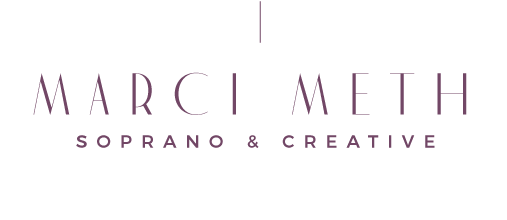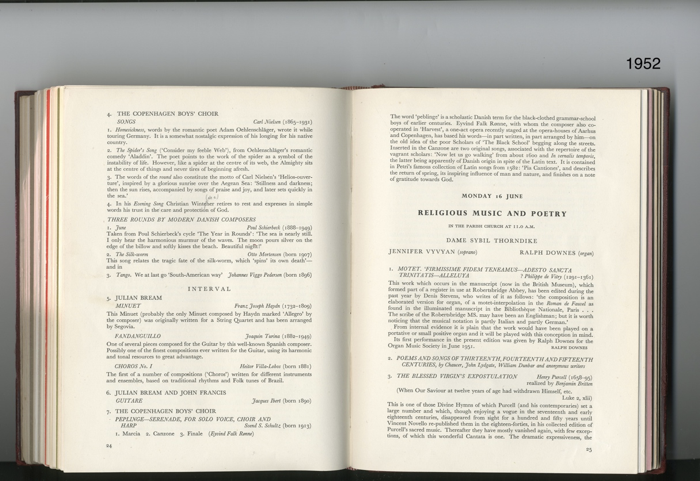Poetry will save the world
As I was strolling through the Bon Marché (a department store in Paris) the other day, I came across this shirt:
As you can see, it suggests that one day, poetry will kill celebrity culture and that we will live in an age of poets. Unfortunately, I doubt that--but I am certain this world would benefit from more poetry and more beauty.
That is the main reason I decided to incorporate spoken poetry into The Wild Song. We all need more poetry in our lives. Both spoken and unspoken.
As part of my research for the album, I read Kildea’s biography of Britten. In it, Kildea states that from 1952-1960, Britten always included one concert which combined music and spoken poetry at the Aldeburgh Festival (the festival he founded in 1948). Christopher Hilton, the archivist at the Britten-Pears Foundation very kindly sent me the Festival programs from 1952, 1953, 1956 and 1957 which did, in fact, include poetry. This is the program from 1952 and beneath it is the one from 1956.
(Images courtesy of the Britten-Pears Foundation)
Britten was very forward-thinking, and I am amazed at the programming he did in the 50s.
While I was making the album, I wondered if Britten would approve of the combination of his songs, spoken poetry, and electronic music. It’s clear from his own programming that he would have liked the spoken poetry. There is an interview of him on YouTube in which he states he does not like electronic music—but I think that is because he feared it would replace acoustic instruments or the expressiveness of the human voice.
To me, Mychael’s electronic music for The Wild Song weaves organically and respectfully in and out of Yeats’ poetry and Britten’s songs. I would hope Britten would like it if he could hear it.
I don’t know if poetry will save the world, but it certainly won’t hurt.



